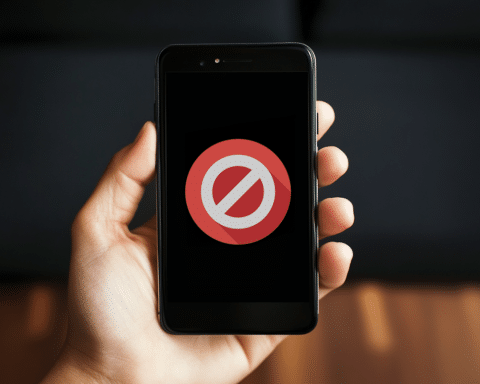The European Commission has officially designated six leading tech companies as guardians of the digital economy, thereby subjecting them to stricter regulations.
This move was made under the Digital Markets Act (DMA), a landmark law that adapts established competition principles to the modern realities of the 21st century. Here, a few companies have amassed significant power over the free market, often to the detriment of smaller businesses and everyday users.
Five US companies – Alphabet, Amazon, Apple, Meta, and Microsoft – along with a Chinese firm, ByteDance, were first categorized as gatekeepers. They are now legally mandated to reconsider how they offer their popular services such as messaging, social networks, video-sharing, and internet browsers.
These companies earn the “gatekeeper” title because they meet certain quantitative criteria: They have an annual turnover of at least €7.5 billion in the European region or a market capitalization of over €75 billion, along with more than 45 million monthly users and 10,000 business users annually across the EU.
According to the European Commission, this results in a “stable and enduring” dominance in the digital economy, necessitating new regulations to ensure freedom of choice for citizens, reduced barriers for competitors, and increased accountability.
Gatekeepers are prohibited from favouring their own products on their platforms – a longstanding conflict between tech giants and smaller businesses.
Users should also be able to easily uninstall pre-installed apps and use alternative third-party apps.
Moreover, platforms are required to seek explicit consent from users before linking personal data across various services, such as Instagram and Facebook, both operated by Meta.
These regulations will come into full effect in six months. During this period, the companies designated as gatekeepers must inform the European Commission of how they intend to comply with these requirements.
For violations, the Commission can impose fines of up to 10% of the company’s global turnover. For continuous violations, this penalty can double. Actions can also be taken that might force a company to divest parts of its business.
Initially, the following services will be affected by these regulations:
- Alphabet: Google Search, Google Chrome, Google Maps, Google Play, Google Shopping, Google Ads, Android, and YouTube.
- Amazon: Amazon Marketplace, Amazon Ads.
- Apple: App Store, Safari, iOS.
- ByteDance: TikTok.
- Meta: Facebook, Instagram, WhatsApp, Messenger, Meta Marketplace, Meta Advertising.
- Microsoft: LinkedIn, Windows PC Operating System.
This list is not final and may be adjusted over time.
The European Commission is currently examining whether four additional services – Bing, Edge, advertising from Microsoft, and iMessage from Apple – should be considered “core platform services” and subjected to the new regulations.
Two prominent email services – Gmail from Alphabet and Outlook from Microsoft – were removed from the initial list after successful lobbying by the companies. Likewise, X, formerly known as Twitter, was not included.
South Korean tech giant Samsung was also not considered, even though the company had previously reported its potential role as a gatekeeper to the Commission.




